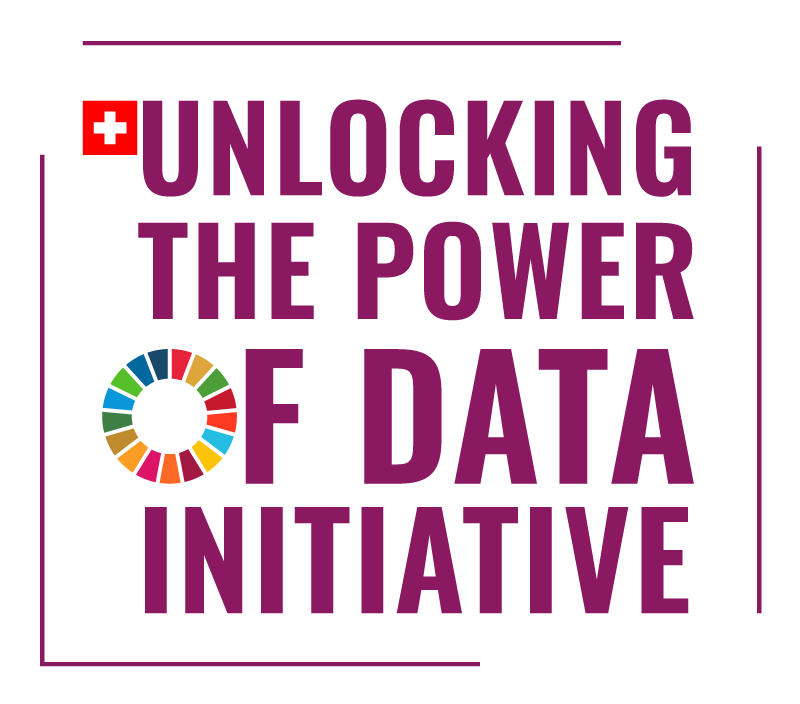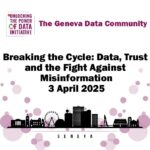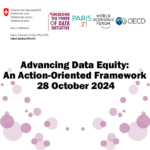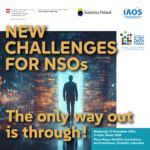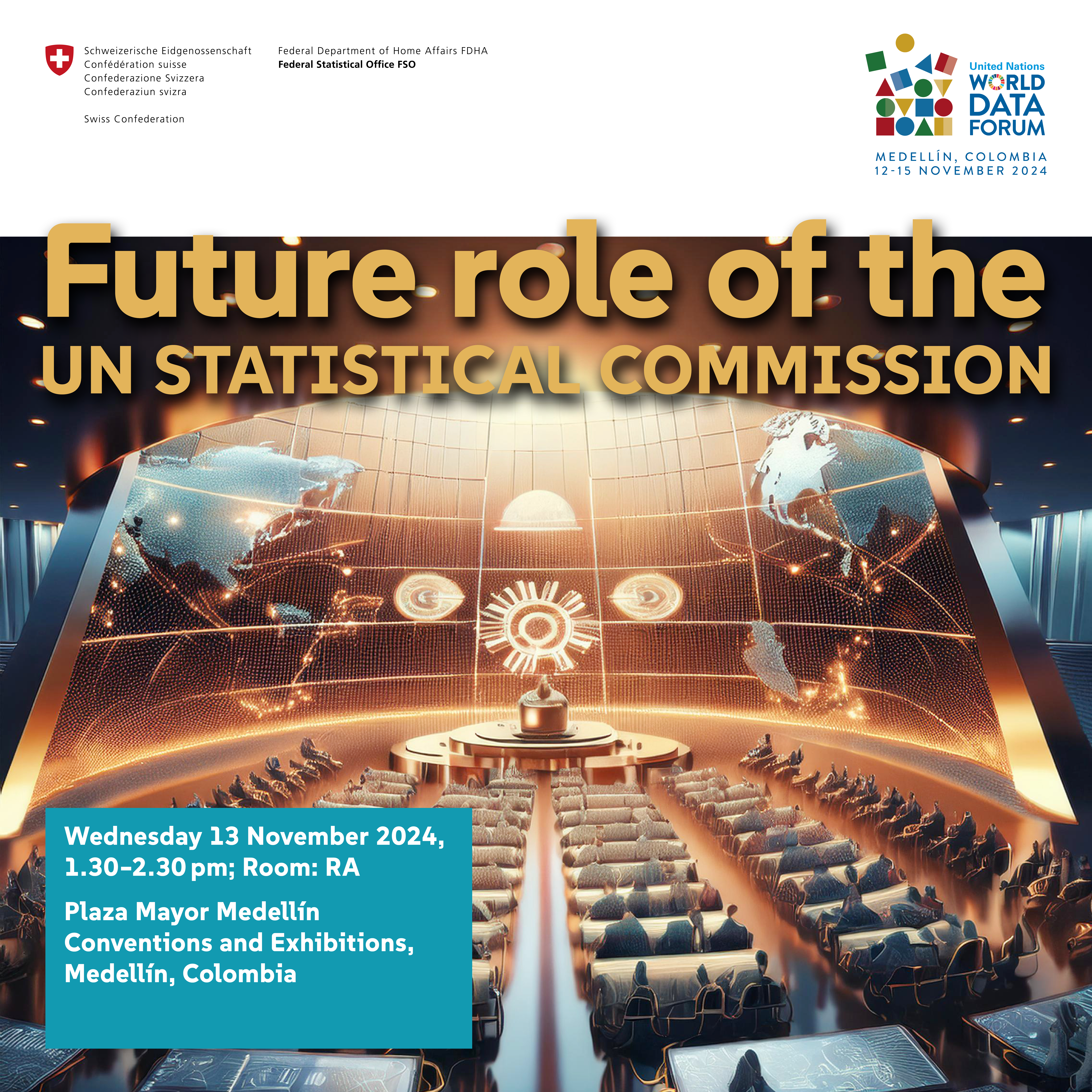A workstream aims to put the spotlight on a specific theme to make concrete advancements. Workstreams are flexible in their duration and new ones will be added as progress is made. The 2030 Agenda for Sustainable Development (2030 Agenda) remains an underlying feature of each of the workstreams, as they seek to support data accountability for the Agenda.
Each workstream should contribute to the aims of the Unlocking the Power of Data Initiative, i.e. 1) to extend the dialogue beyond the data and statistics community, and 2) to deepen the knowledge in the field in question. A workstream will comprise workshops, conferences and publications to discuss, explore and present the results of the discussions.
International conferences, such as the UN World Data Forum or the High Level Political Forum on Sustainable Development will be opportunities to bring stakeholders together and continue discussions. Other events may also be organised independently.
Once its objectives have been achieved, the workstream will be analysed to determine whether it can be closed or whether the discussions have led to new avenues for exploration. In this case, the concept and objectives of the workstream will be revised in order to continue the work.
Data Literacy
Reliable data and statistics now exist in nearly all fields. Nevertheless, people have difficulty to use data to form a fact-based worldview and instead are guided by emotions. This workstream will advocate the use of data for evidence-based decision-making for policy making as well as everyday life. It will furthermore stress the importance of data accountability, especially in the case of the 2030 Agenda.
Financing Data
Statistical offices face budget cuts that limit the development and production of data and statistics necessary to gather evidence for decision-making. As only those who are counted count, national statistical offices must have the resources to execute their mandate and collect data to support the 2030 Agenda and its target 17.18: Enhance availability of reliable data. The Unlocking the Power of Data Initiative will seek to bring this topic on to the political scene.
Data Management
National statistical offices are undertaking a transition towards data. While their original mandate of statistical production remains, new tasks of data management are added to their portfolios. As such, they take on the role of Data Stewards to coordinate data ecosystems. Switzerland has taken serious steps in this transition and will share its practice with the data community.
Data Science
There is a lot to learn about data to facilitate data-driven decision-making. The heart of data science is a problem-solving process through rigorous application of innovative methods. Thanks to this field, new solutions can be found to complement data for the 2030 Agenda.
Population Projections and Climate Change
While population development is taken into account in climate scenarios, climate change is not yet included in population projections, although it has already shown implications for human life and migration. This workstream will allow critical discussions on the relevance and possibility of developing climate-sensitive population scenarios for Switzerland and illustrate interactions between different areas of the 2030 Agenda.
Health Data
The COVID-19 pandemic has shown how crucial data is to be able to respond to crises. The Unlocking the Power of Data Initiative will partner with the World Health Organization to maintain the spotlight on the need to develop a health data ecosystem that provides information on health developments for SDG3: Good Health and Well-Being.
